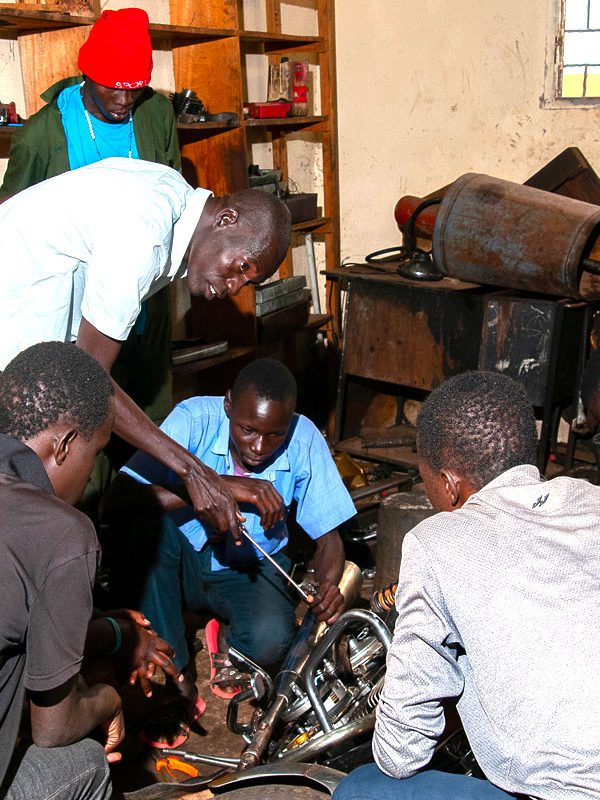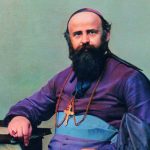About us
Motto
“Improving by Hard Work, Learning by Doing”.
Vision
“Promotion of Skilled Training for Self Employment.”
Mission Statement
Daniel Comboni Vocational Institute is a Vocational Institute that trains Craftsmen and Technicians in the fields of Mechanical Engineering and Metalwork, Motor Vehicle Technician, Electrical Installation, Carpentry and Joinery and Building and Concrete Practice. It provides educational and vocational opportunities to students, locally and nationally. The Institute is charged with the responsibility of forming candidates following Daniel Comboni Missionary’s ideal together with external students. This is to give a valid contribution to the church and society in Uganda. The Institute has the duty of producing good, responsible Christians, capable citizens and brothers. In other words, to have people who know what they are doing and what is, professionally well prepared, capable to contribute positively to the development of Uganda.
This Institute was then established in 1995 as a private school with the primary aim of catering for;
- Comboni Aspirants who want to become Missionary brothers. That is, Comboni Missionary students capable, in due course, to teach others.
- External students, outside the Comboni Missionary Education Environment. That is to have a substantial intake from the general Public – country wide. The proprietor felt from that this would allow the Ugandan population at large to take advantage of the same Institute. In this way, it is hoped to contribute positively and practically to the development of Uganda, days, weeks, or even months at a time

“I have only one life to consecrate to the salvation of these souls: I wish I had a thousand to spend them all to such a purpose.”

The Institute has the following objectives;
- To allow young Ugandans of different religions to be trained and get good professional knowledge in the available technical trades.
- To provide scientific, mathematical and humanitarian foundation to enable the students handle competently the technical aspects of their trade.
- To provide technical training leading to creating competent craftsmen/women and technicians.
- To form self – reliant citizens thus becoming job creators and not job seekers.
- To equip students with communication skills so that the knowledge acquired can be effectively shared with others.
- To make students responsible and conscious of their role in making and developing of Christian society.
